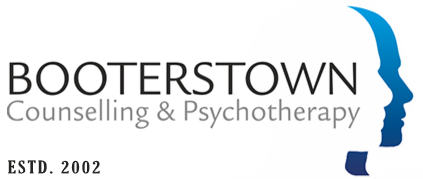STRESS & ANXIETY
The pace and pressure of 21st century living can result in us experiencing stress. A certain level of this stress may be positive and bring out the best in our performance keeping us alert. However, too much internal stress may affect our mental health resulting in an inability to cope in our work life, home life and recreational time. Counselling aims to create understanding and empowerment by building recognition and management of stress.
The chemical responses that are released by the body as a result of too much stress can cause different physical and psychological symptoms:
Physical Symptoms
• Sweating
• Changes in sleep patterns
• Muscle aches
• Chest pains
• Shallow breathing
Psychological Symptoms
• Crying spells
• Low mood
• Panic attacks
• Anxiety.
Anxiety & Panic
Anxiety is a normal, if unpleasant, part of life. It can affect us in different ways and at different times. Anxiety may influence a person to imagine that things in their life are worse than they really are. It may also prevent someone from confronting his or her fears. At Booterstown Counselling and Psychotherapy, we focus on the underlying issues that are causing this distress with a view to developing a personal management programme.
John trained at the Depression and Anxiety Speciality Clinic (Chicago) in the following areas:
Prolonged Exposure and Trauma-Focused CBT or Trauma (PTSD) CBT Interventions for Insomnia, and CBT Strategies for General Anxiety Disorder (GAD) and OCD.
Anger Management
Anger is a normal, healthy emotion. It is neither good nor bad. Like other emotions, it conveys a message to you. Anger is a message that you perceive a situation to be upsetting, unjust or threatening. However, if your response to feeling anger is to explode, the possibility of expressing your experience and what you might need to say about it to another person will, most likely, get lost in the explosion. So, while it’s normal to feel angry, it becomes a problem when you express it in a way that hurts yourself or others.
Anger management and self-control help you recognise frustrations early and resolve them in a way that allows you to express your needs in an assertive but calm and controlled way.
Some signs to identify if you have anger or self-control issues:
- Constant feelings of irritation, agitation, frustration.
- Regular experiences of having to push down your feelings of anger.
- Frequent escalating arguments with others.
- Physical violence (such as against partners or children) or starting fights.
- Constantly being resentful.
- Constantly clenching your jaws.





